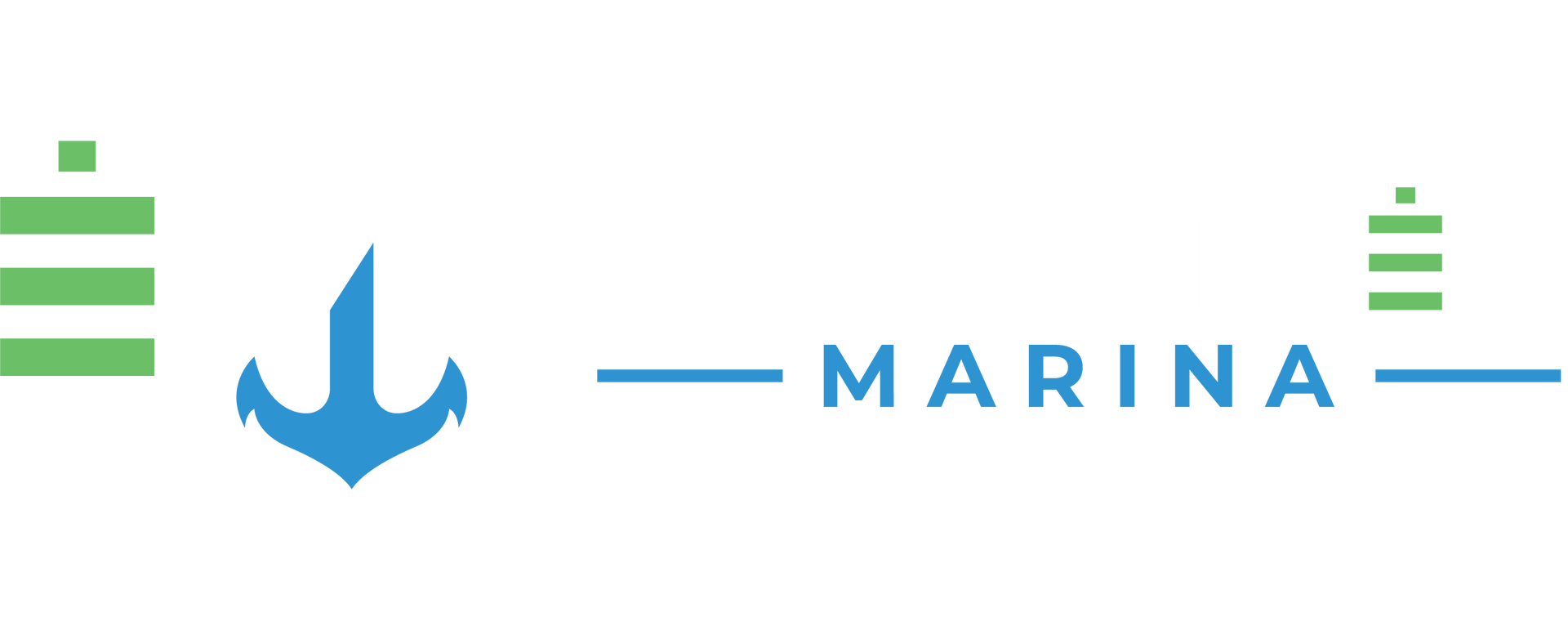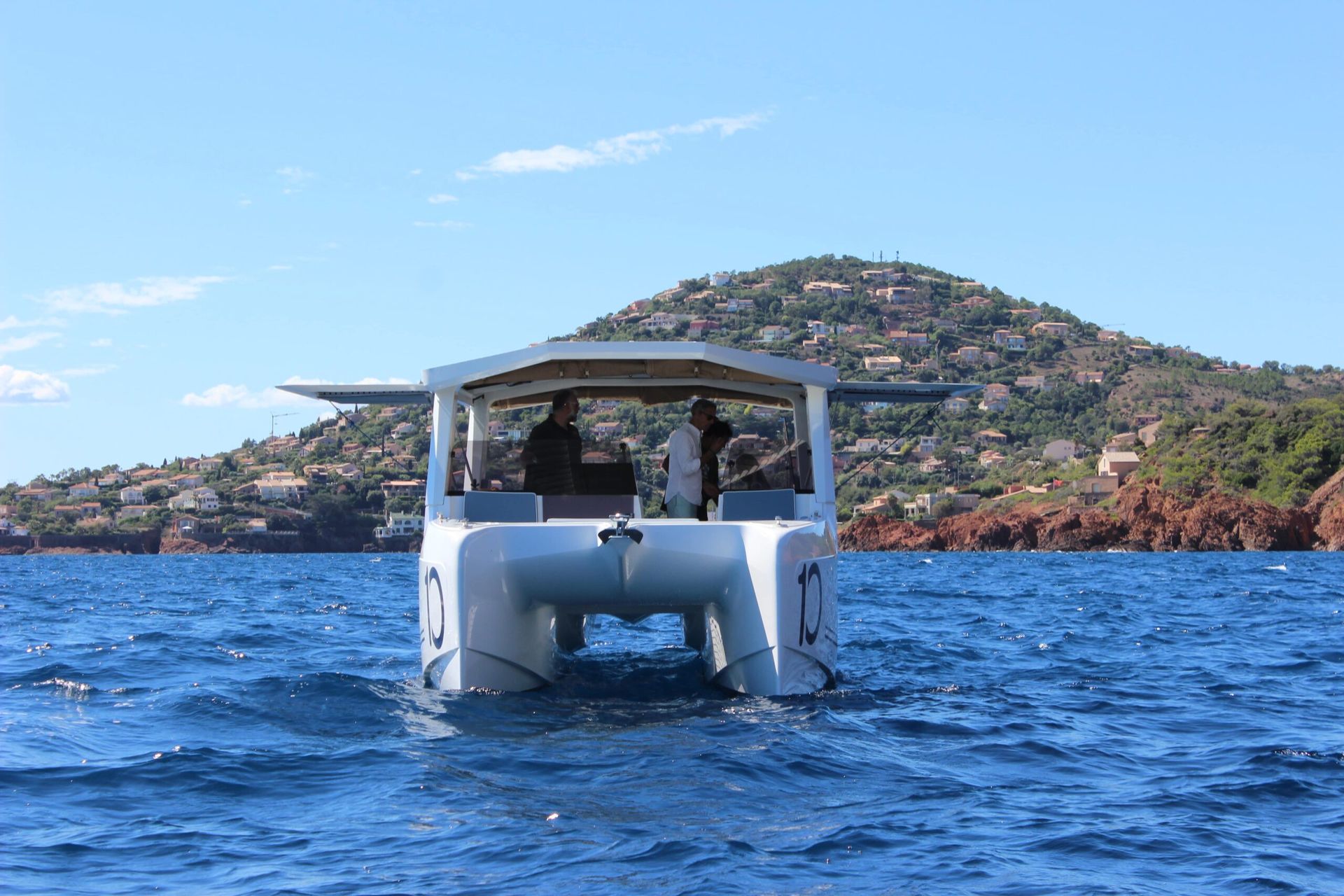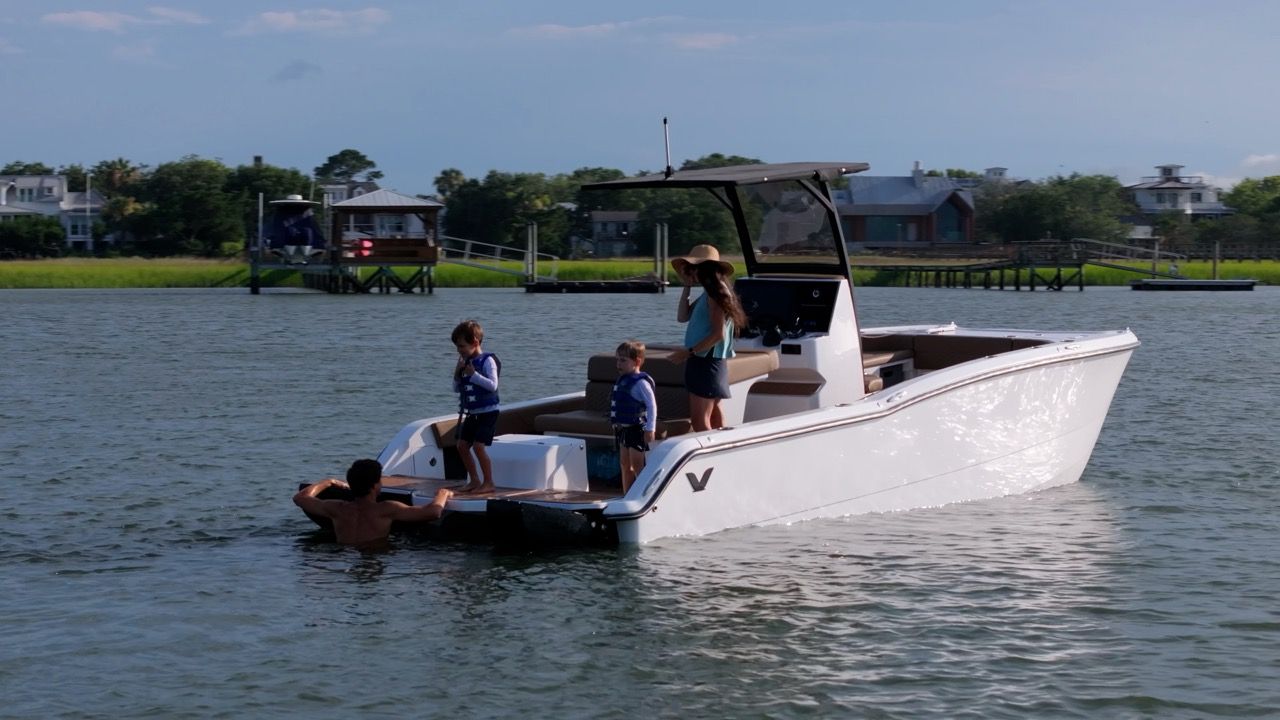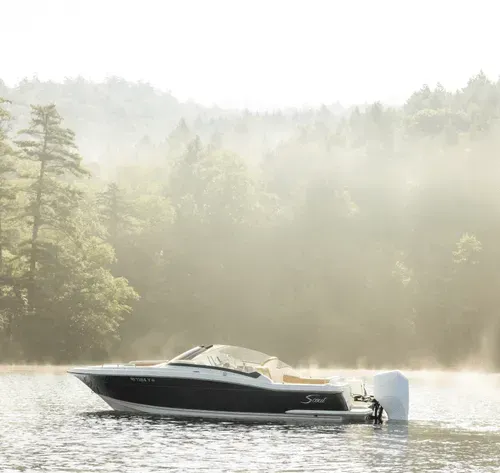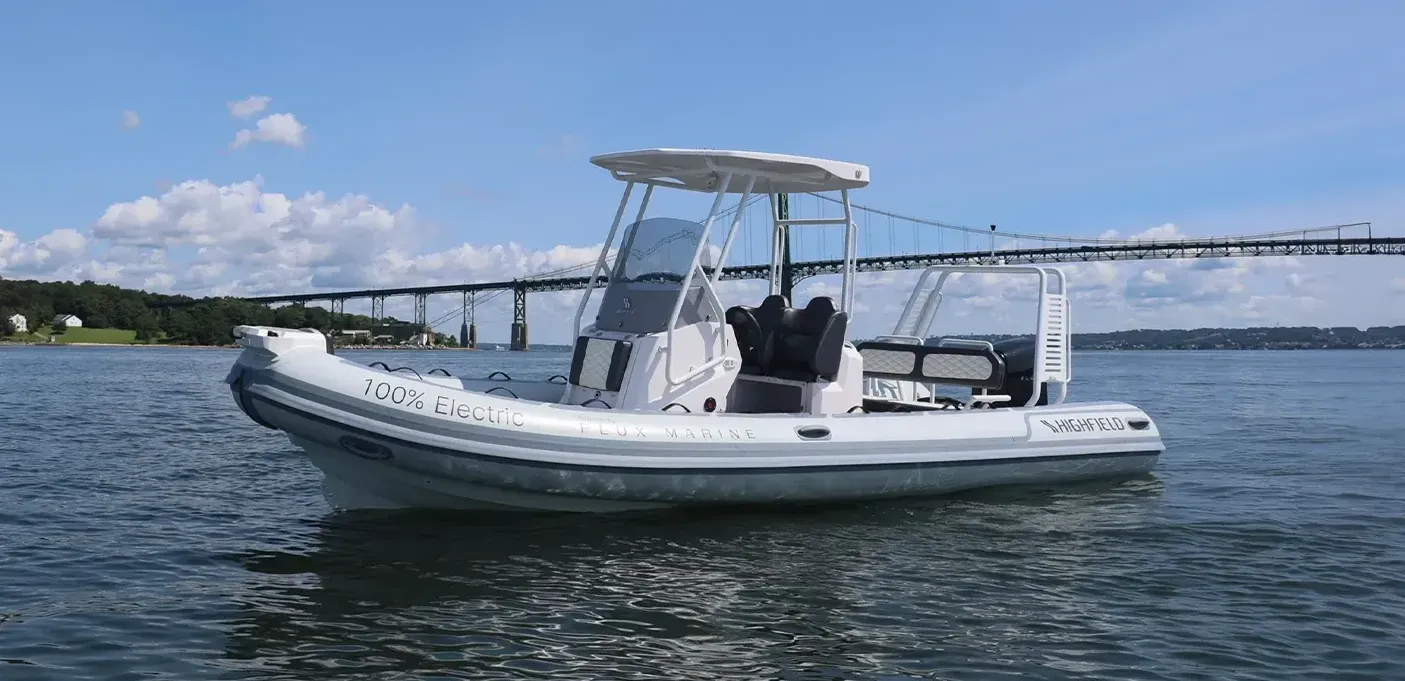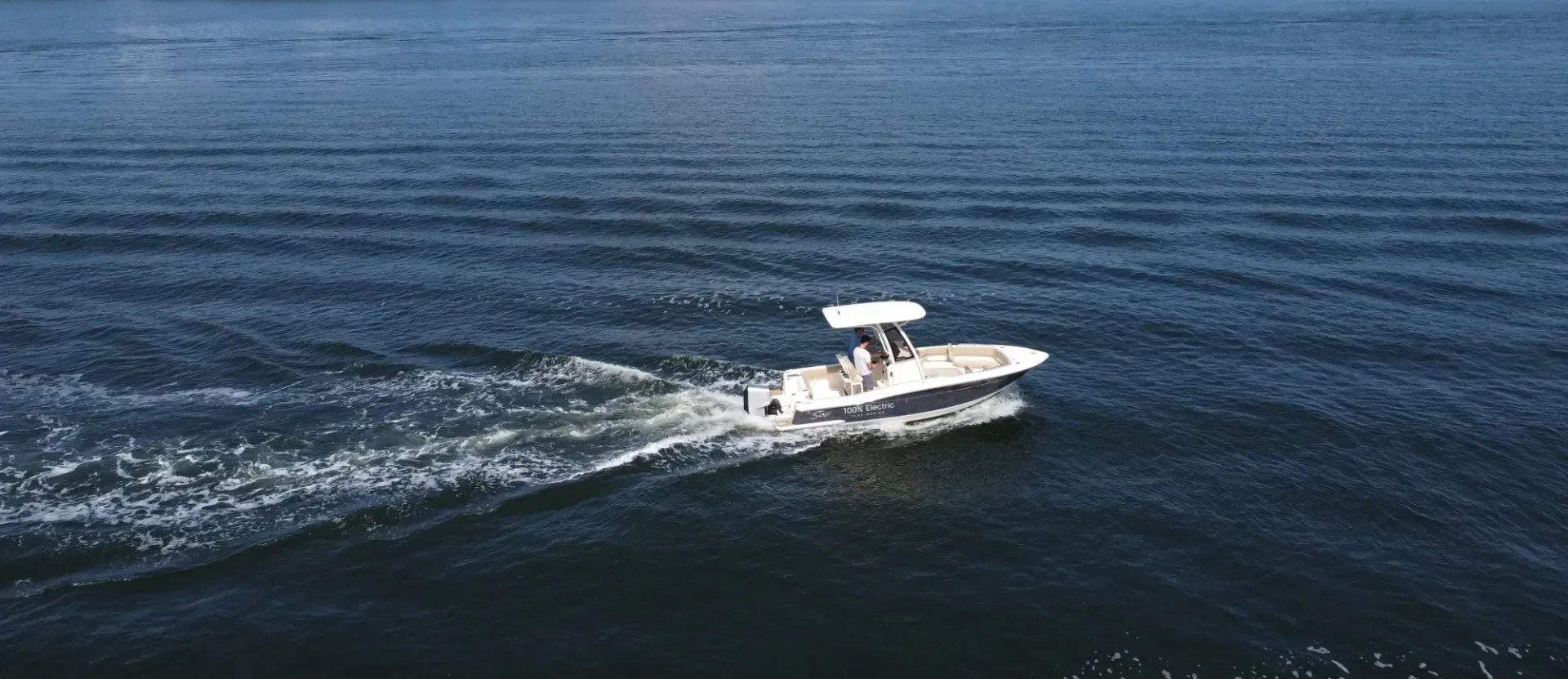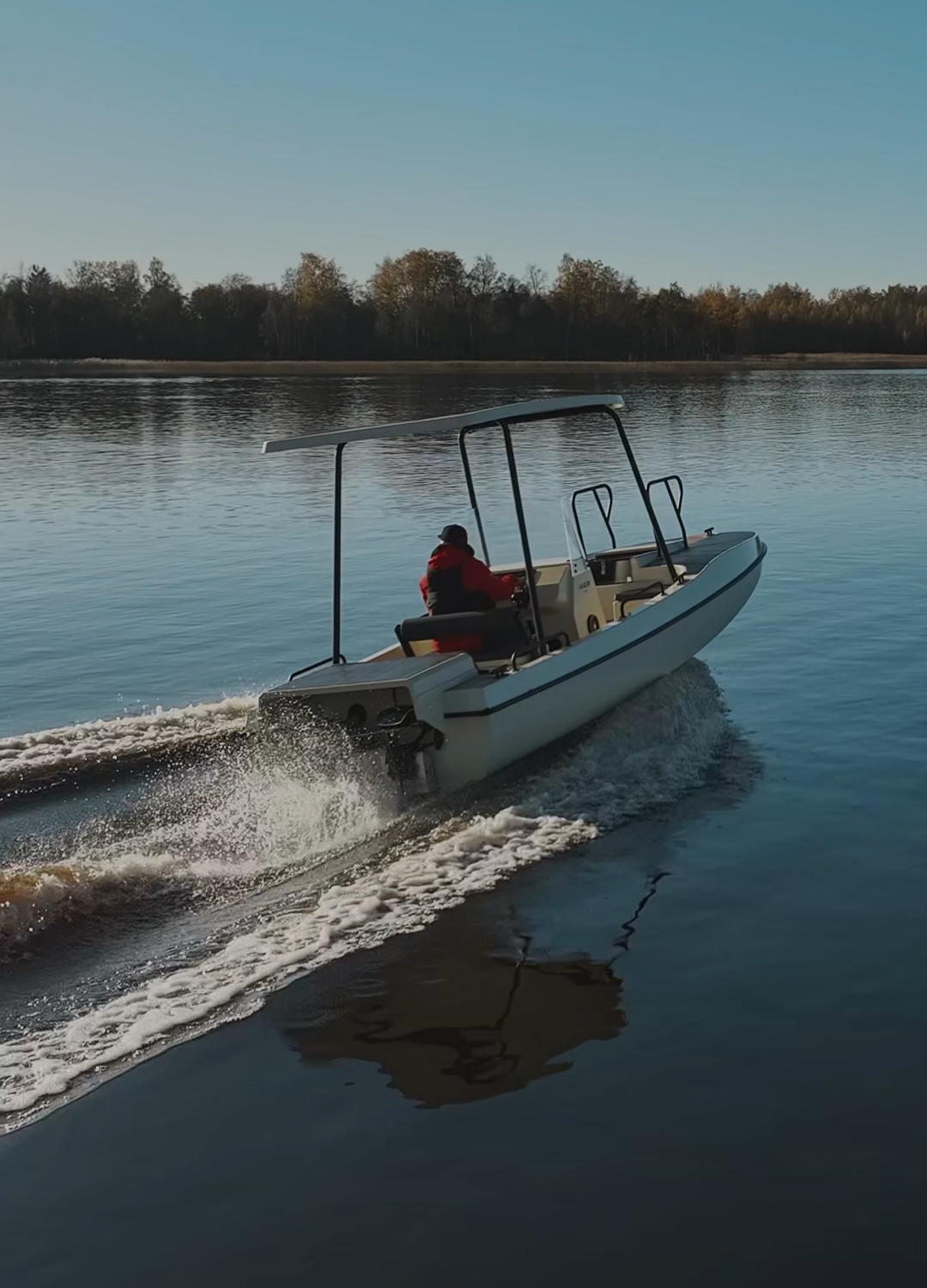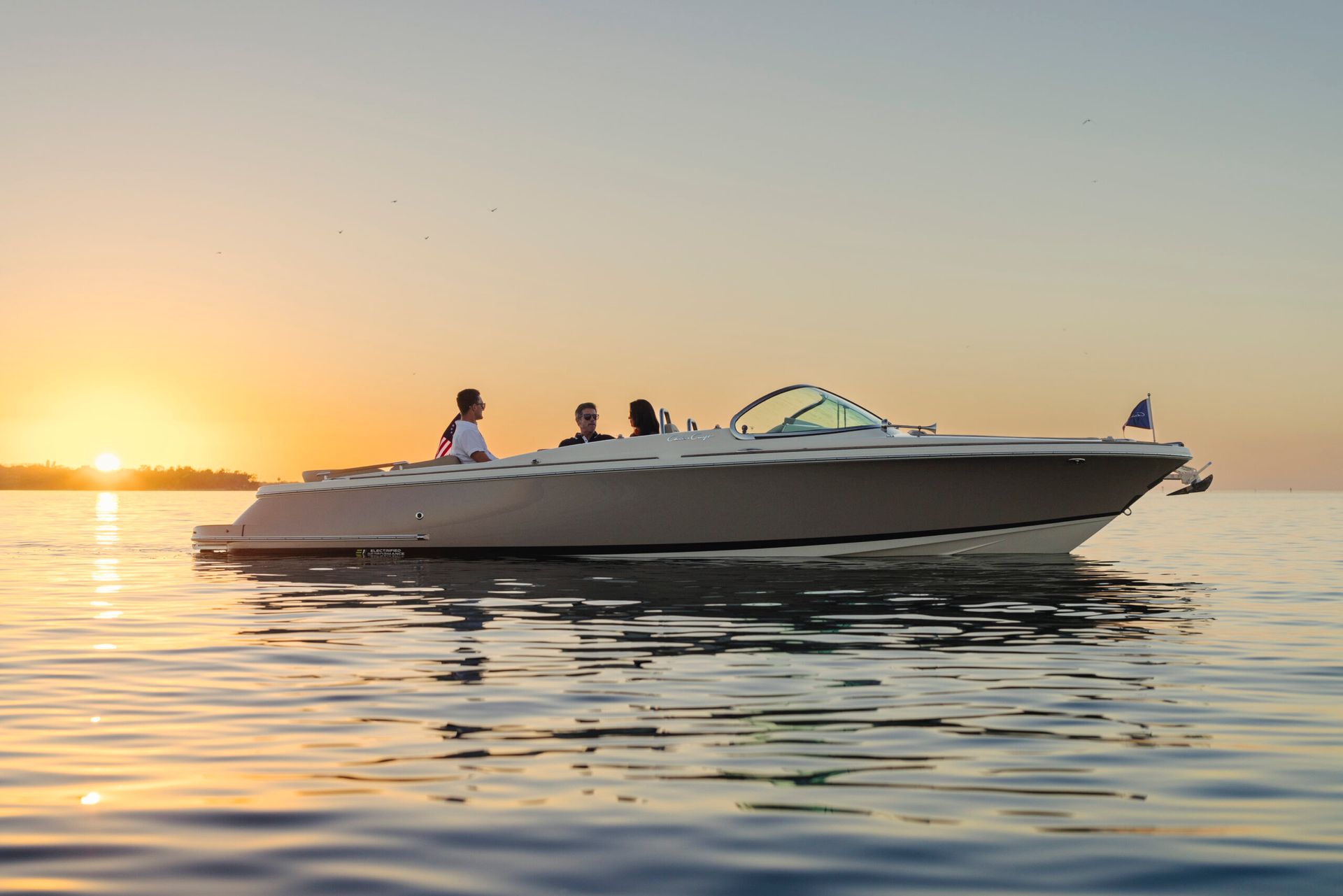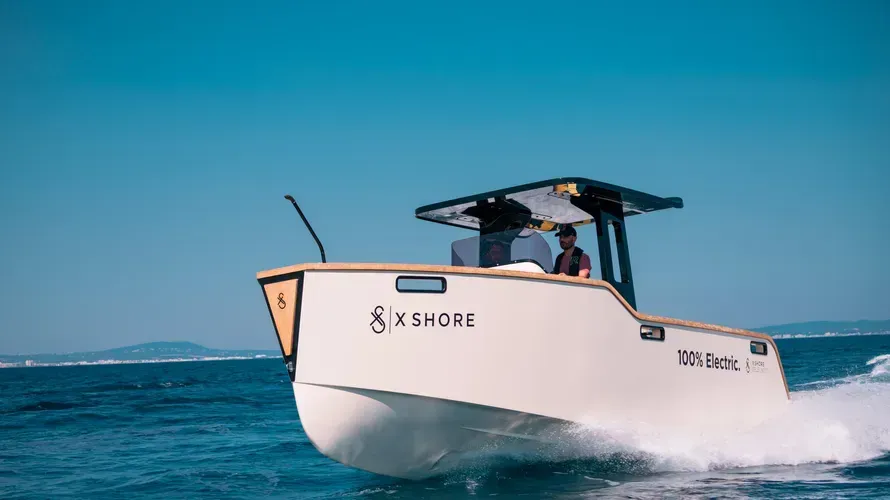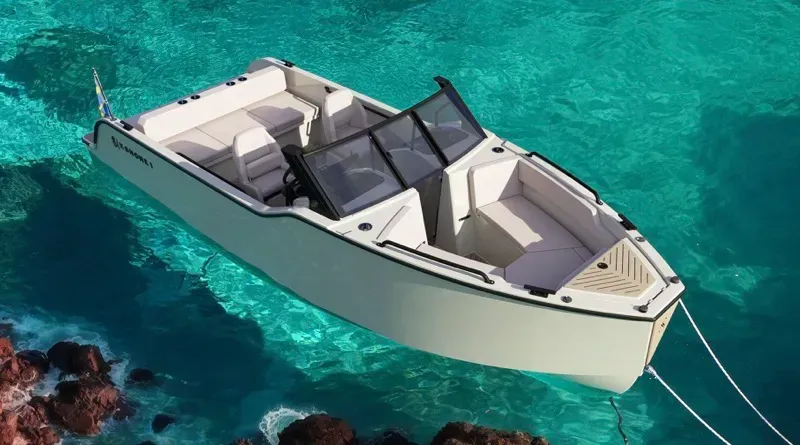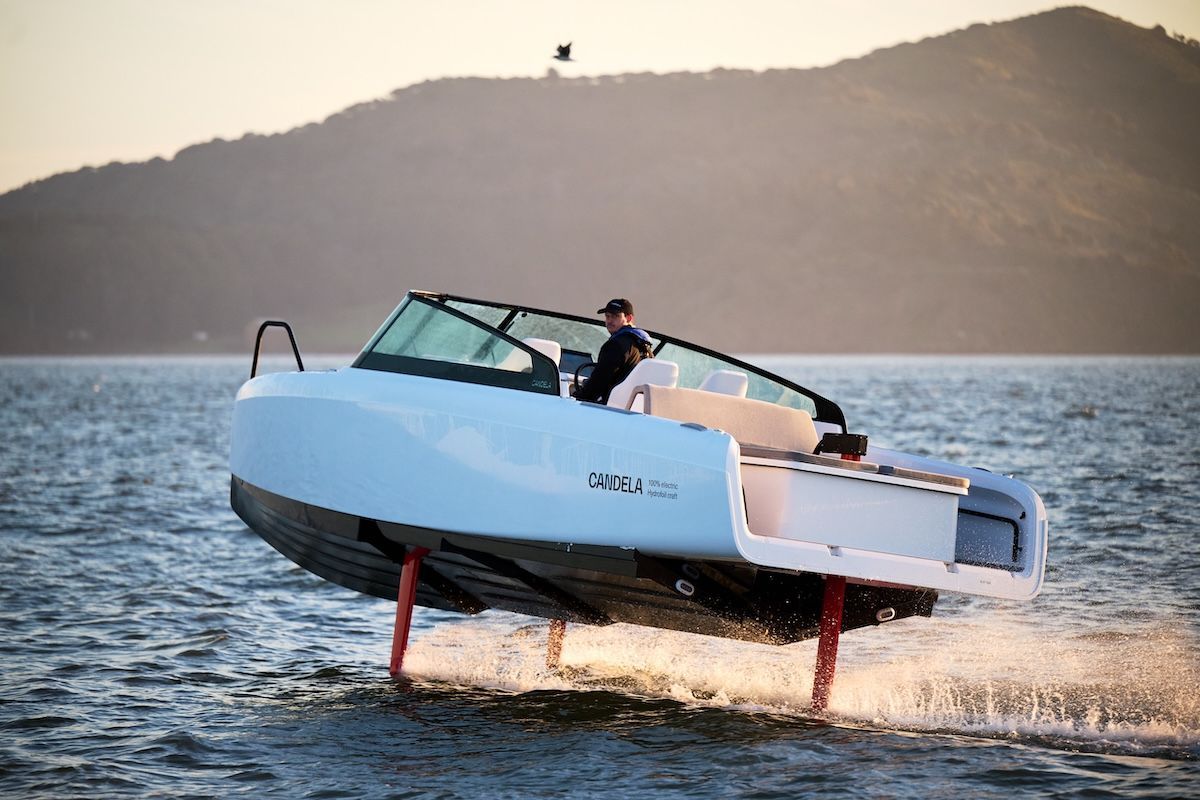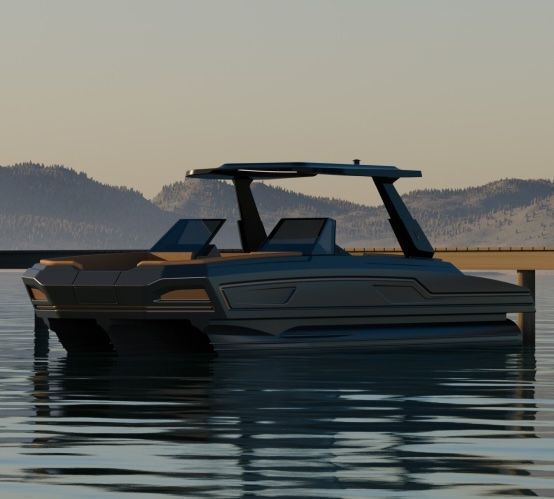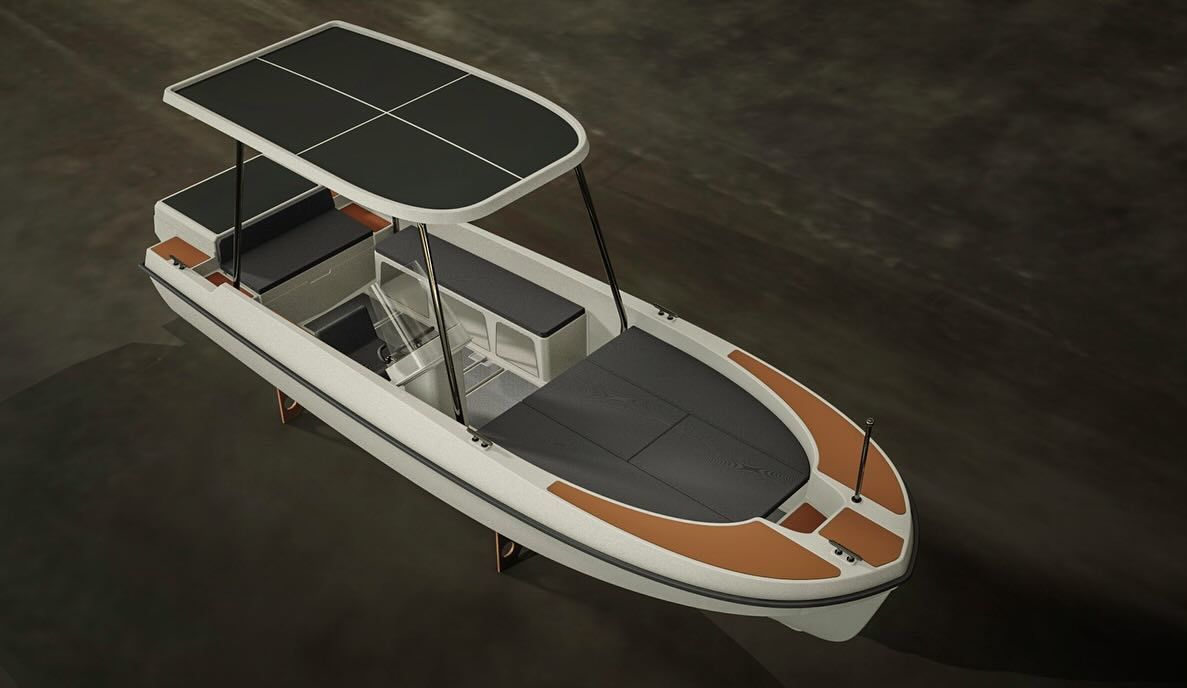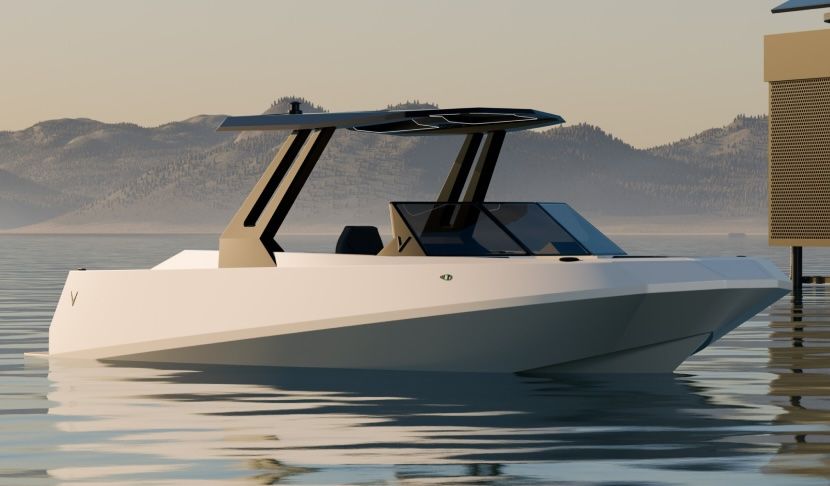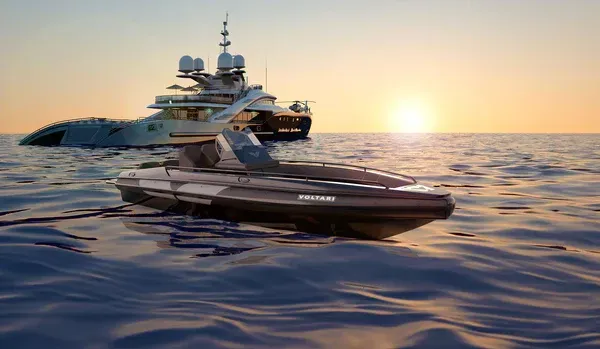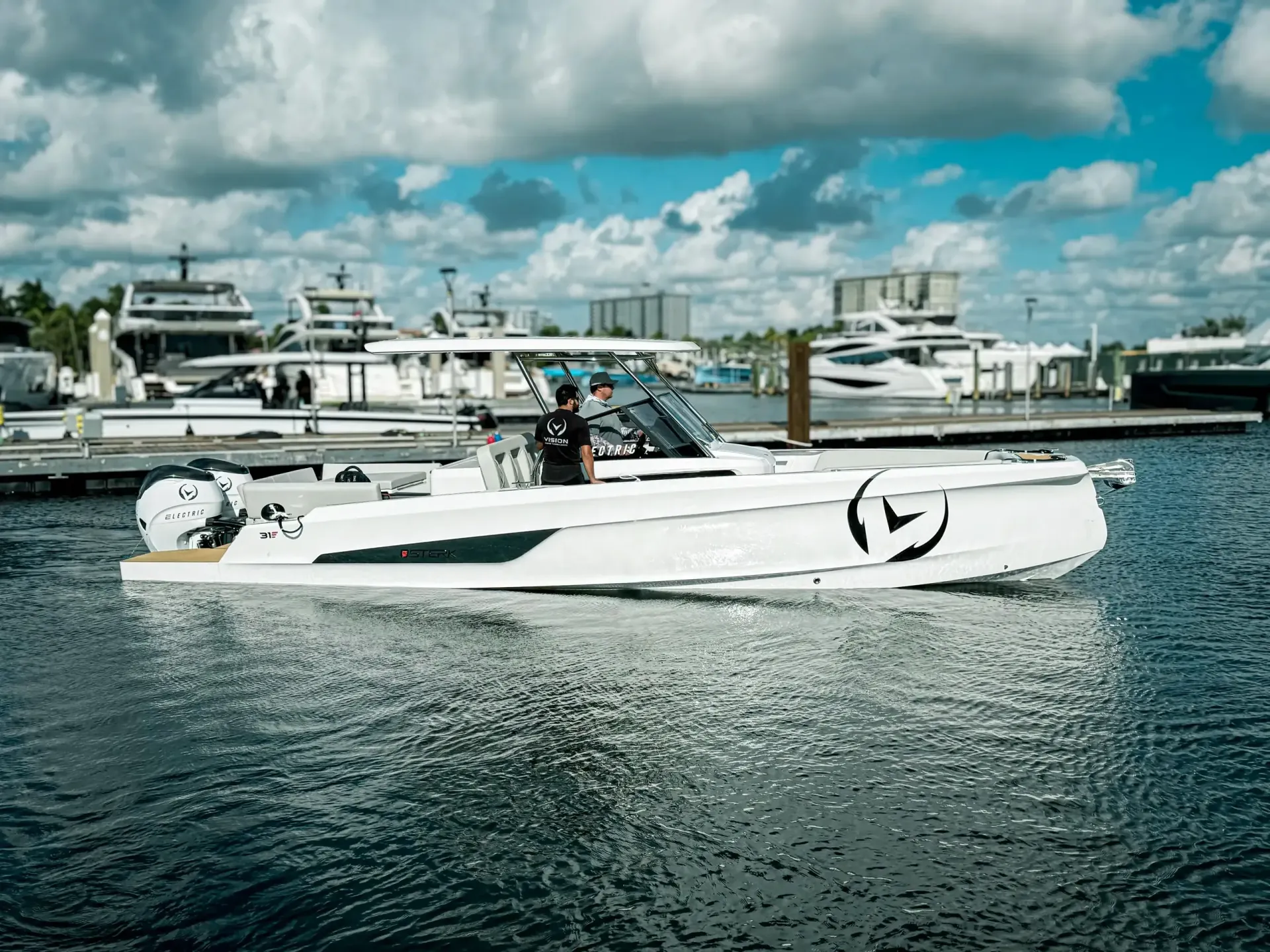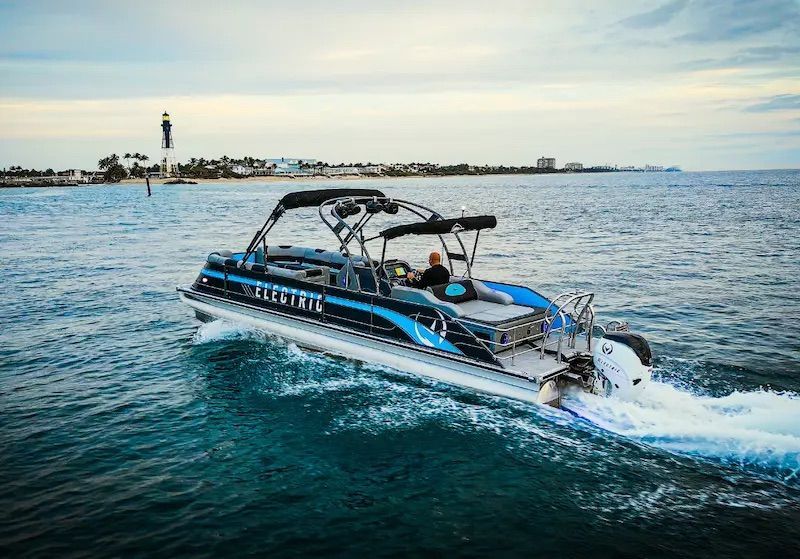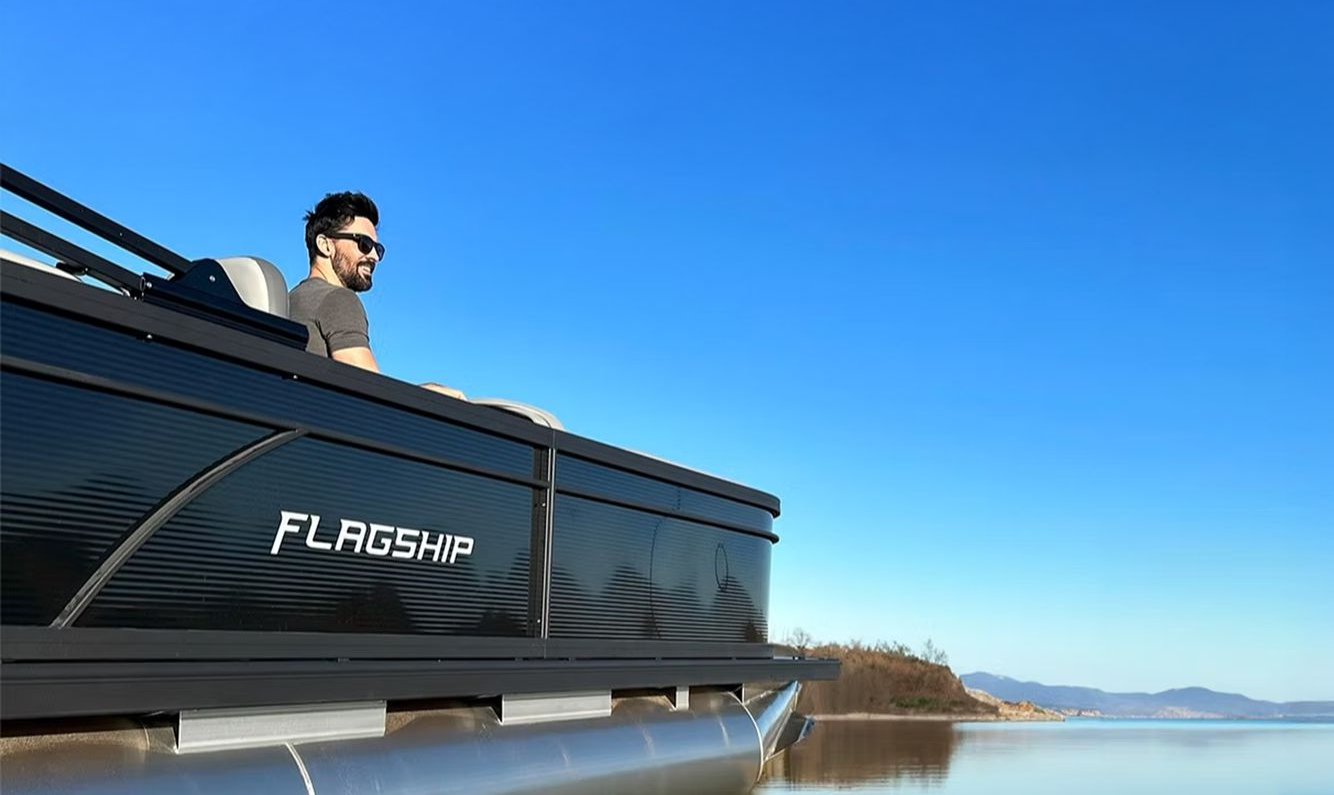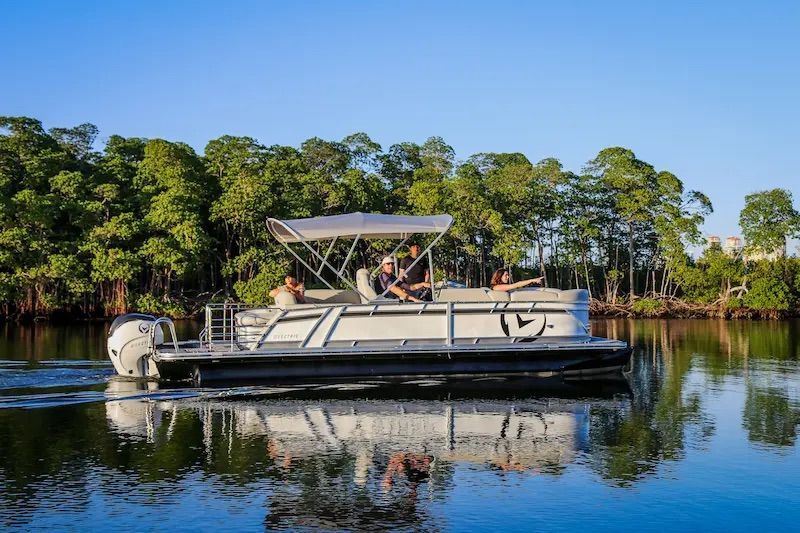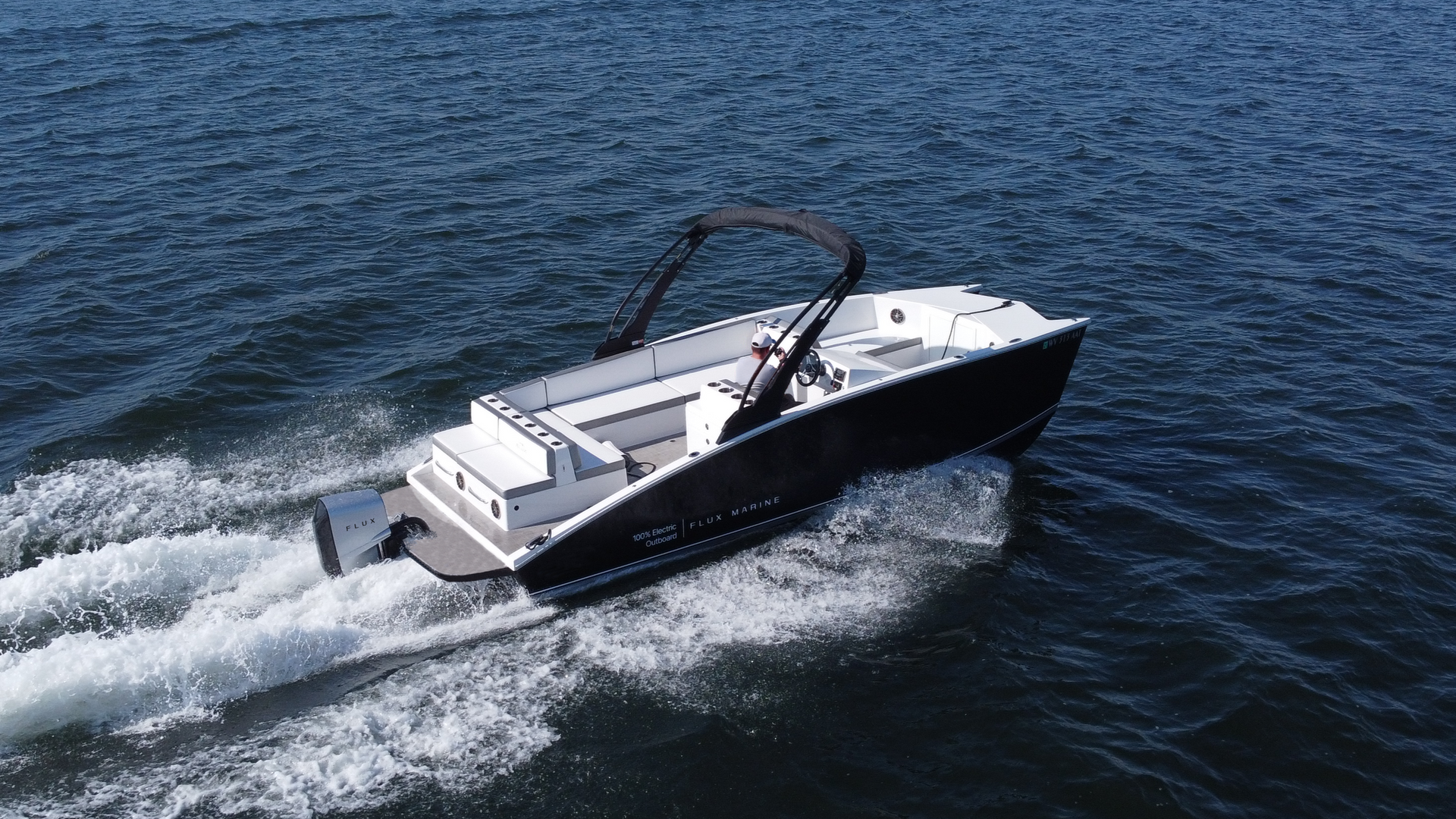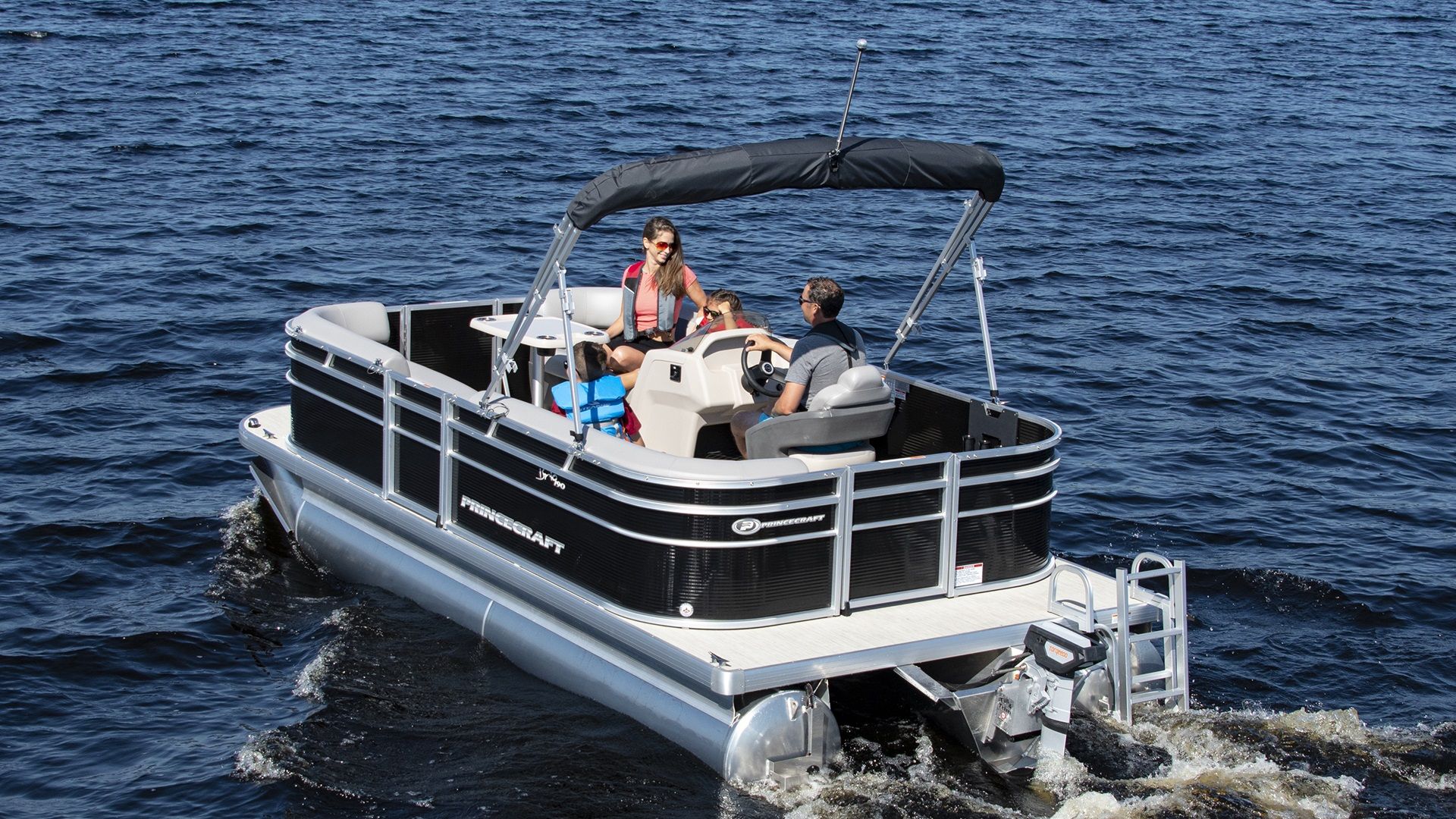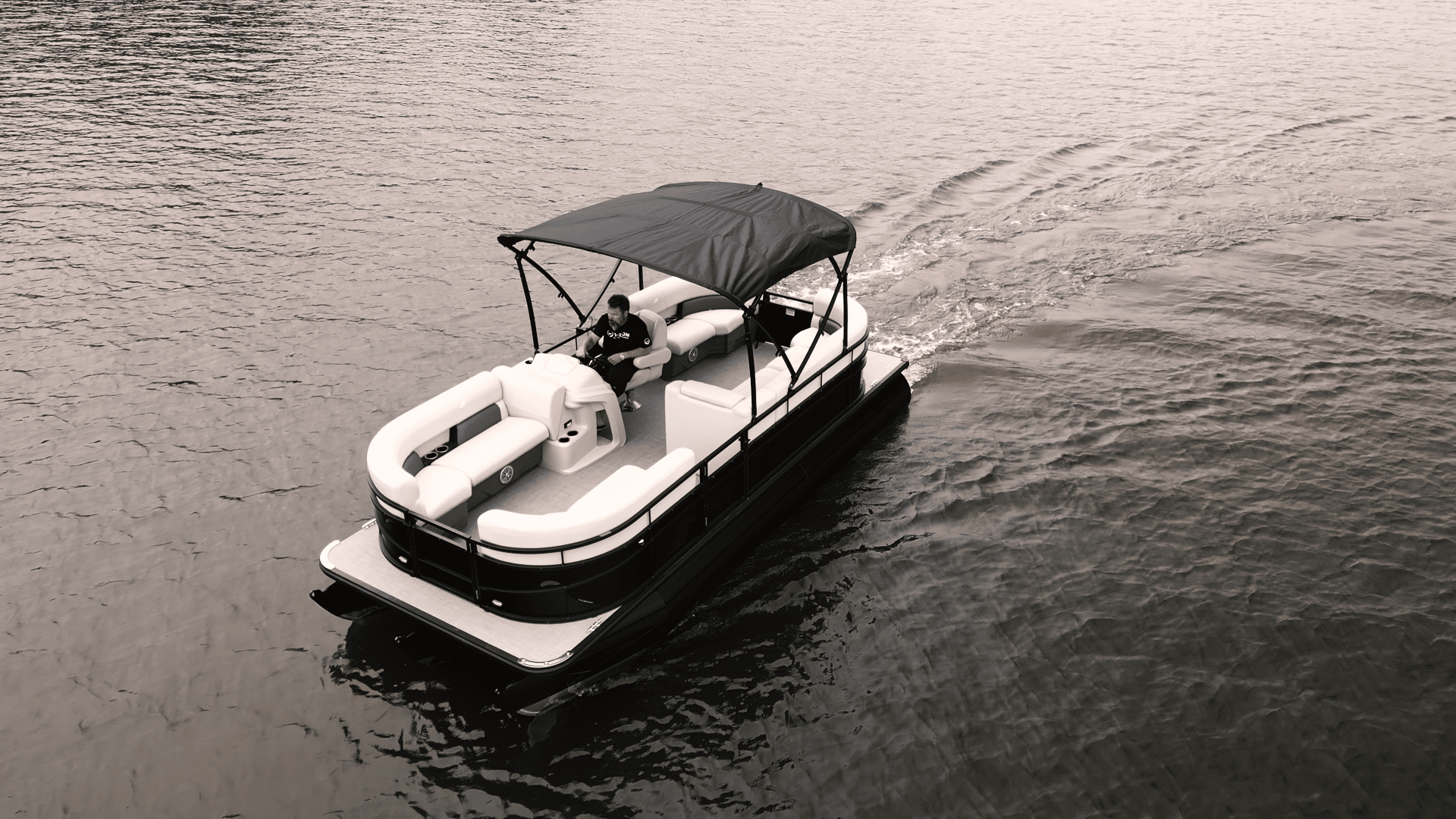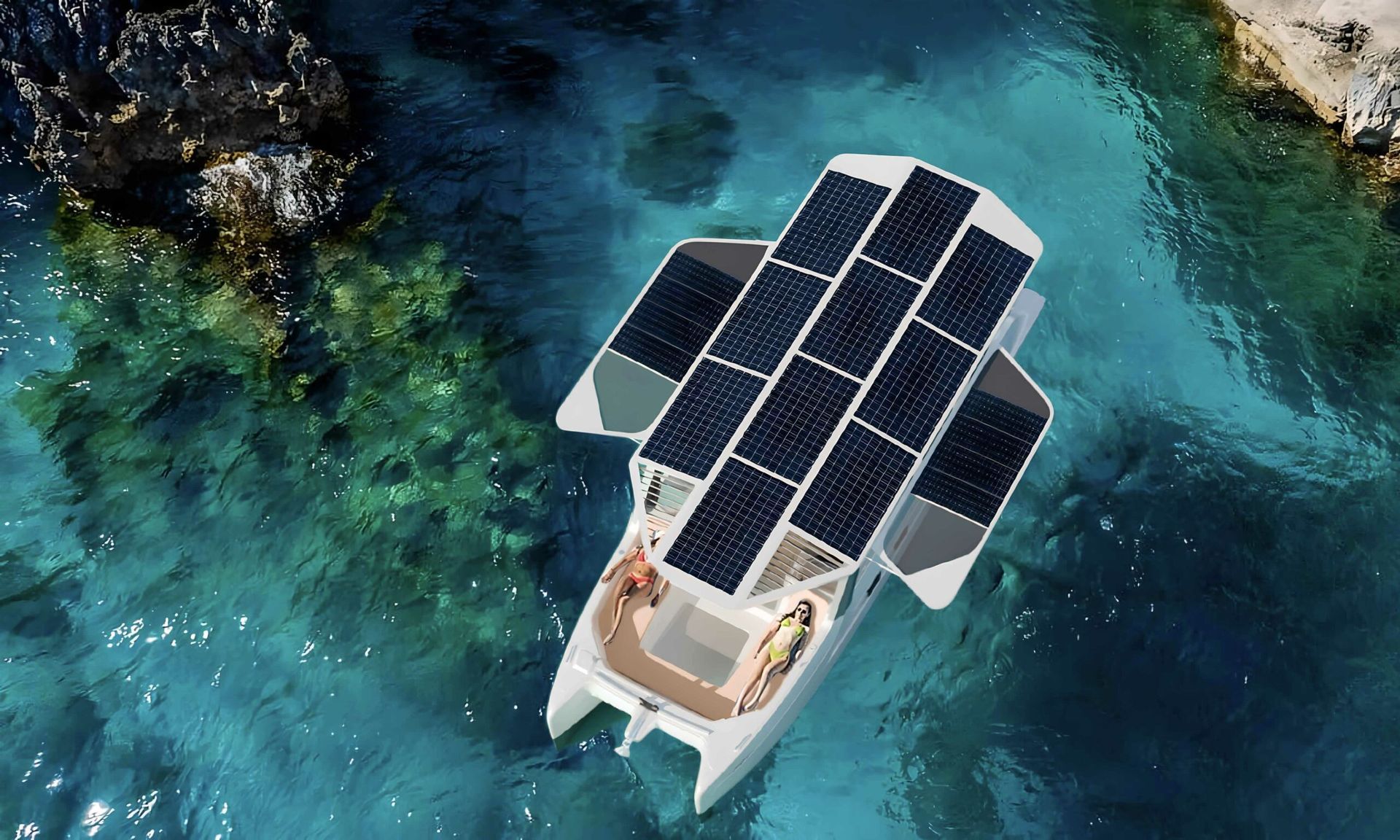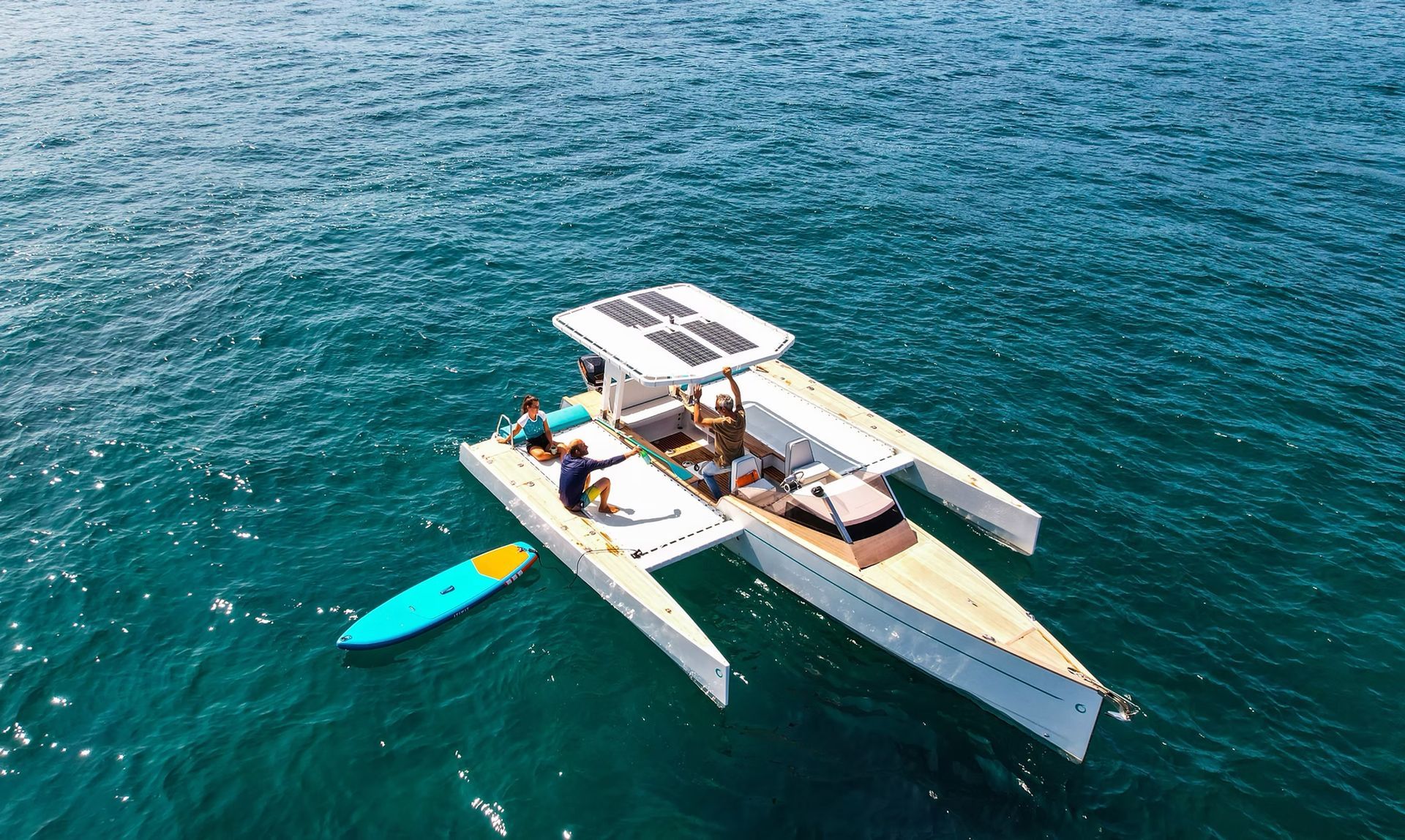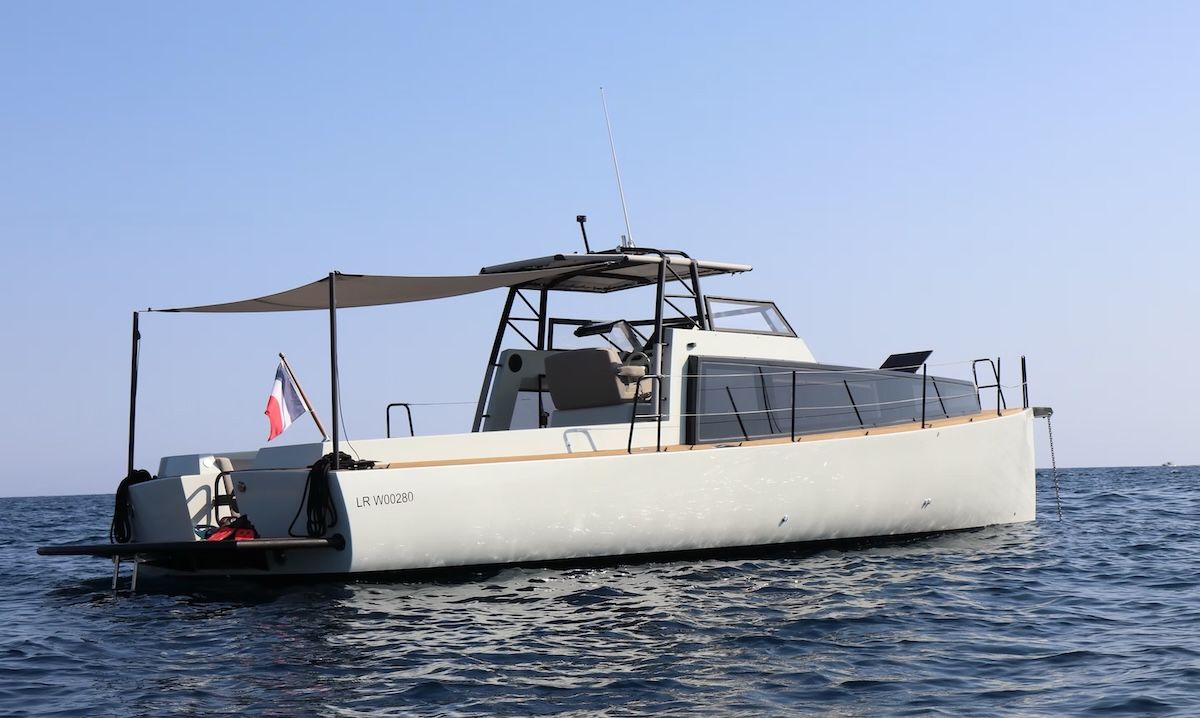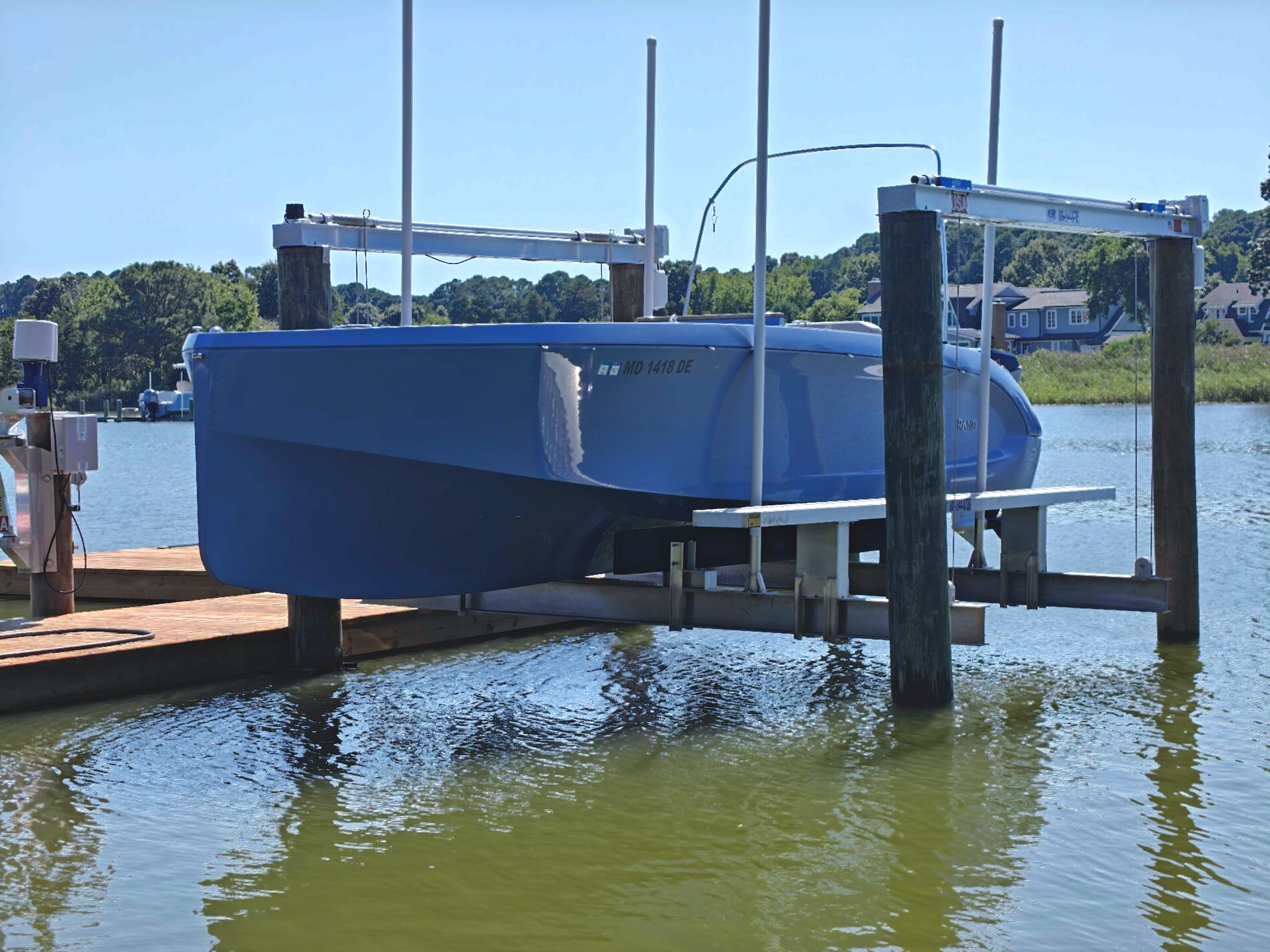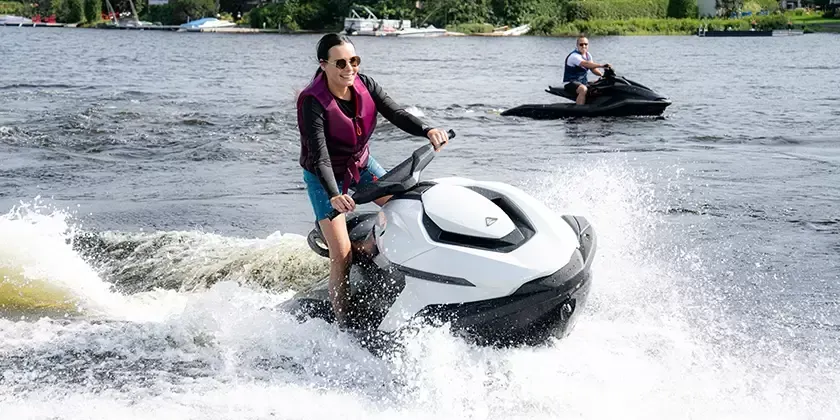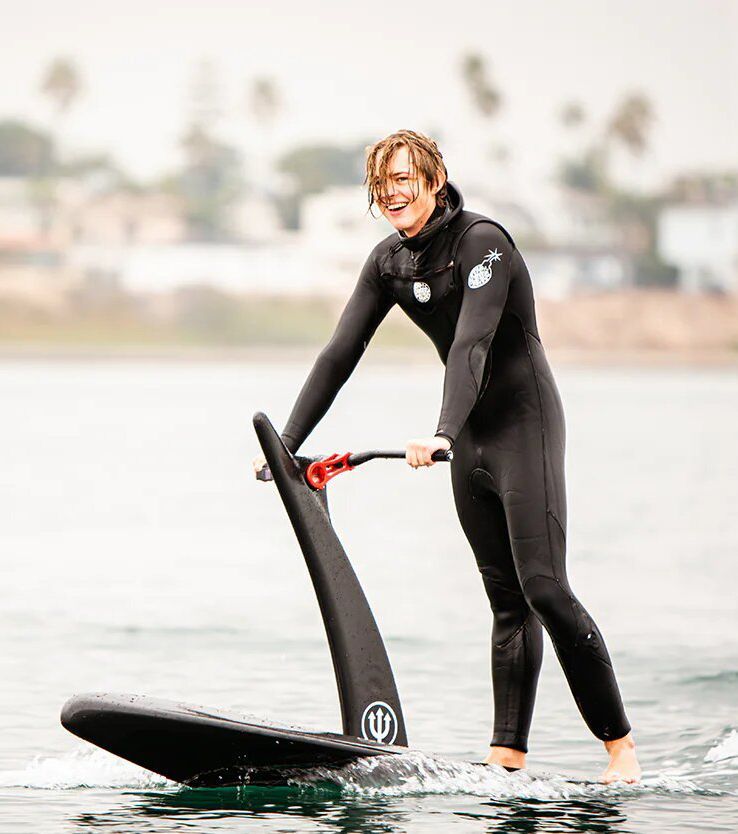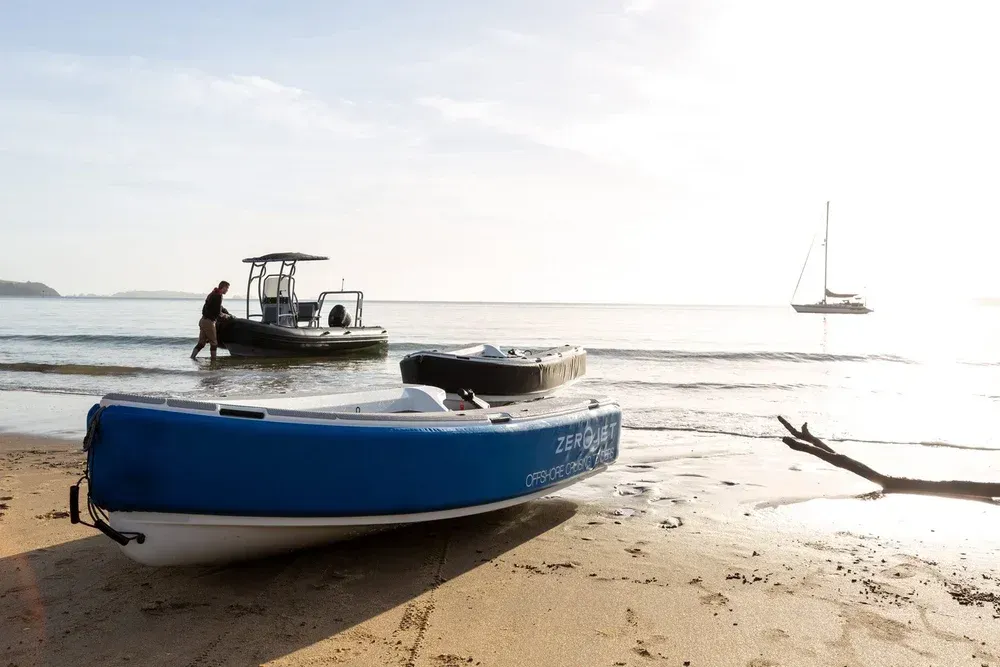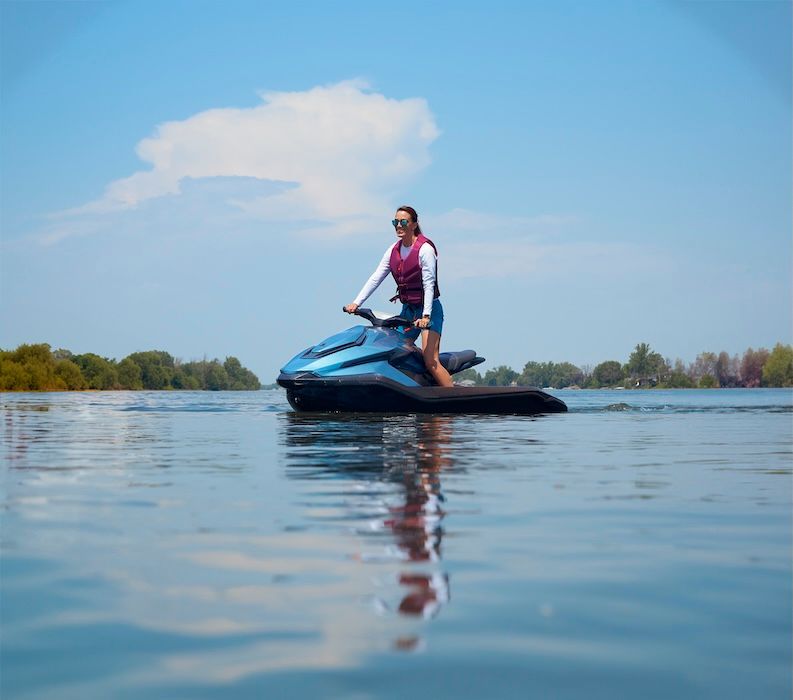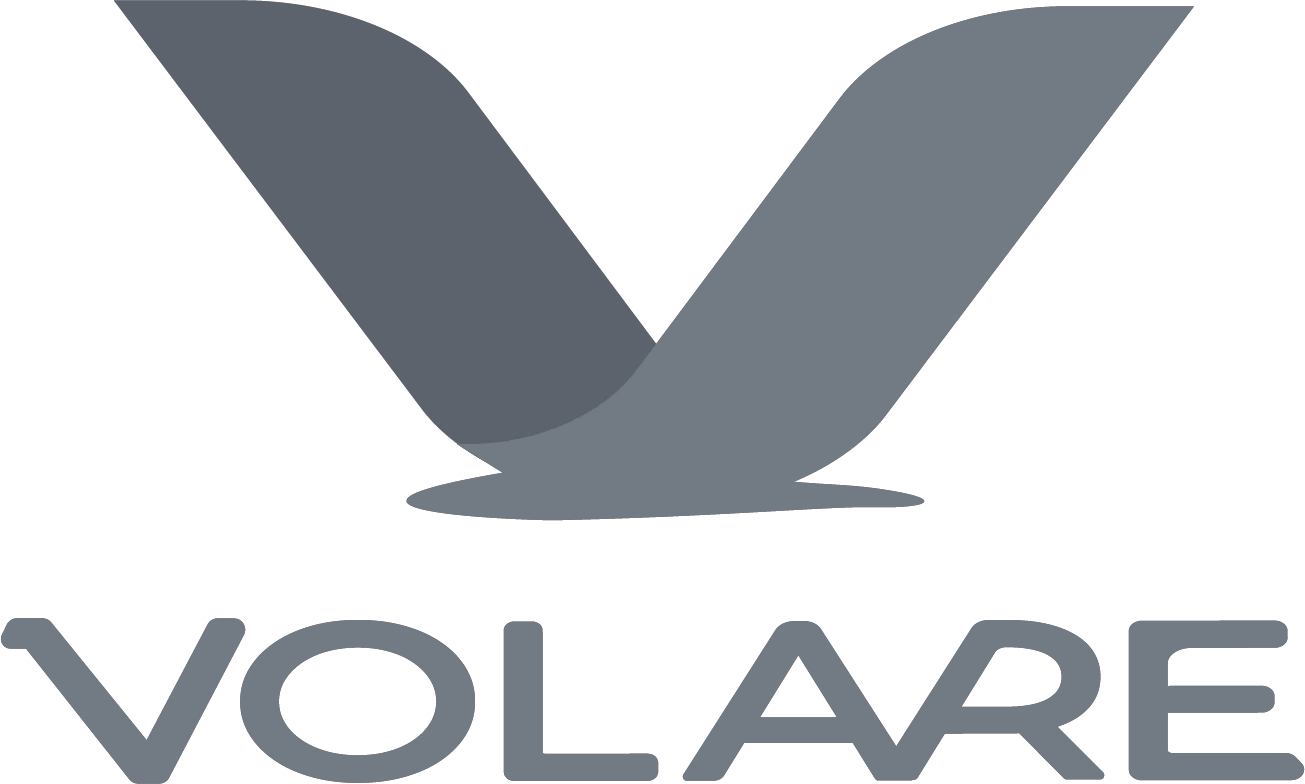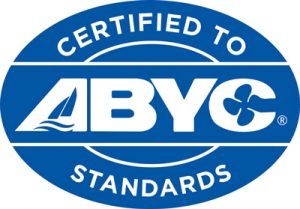America's Electric Watercraft Specialist
At Electrified Marina, we are America's ONLY 100% Electric watercraft dealer. Whether you are looking for a low-speed cruiser for your restricted waterway, a motor with more power and less hassle, or a powerboat that will set new standards on the water, we are here to help you electrify the way you boat.
pOWERBOATS
Flux Marine Scout Dorado
Portraits of people from around the globe
Learn More
Flux Marine Highfield Sport 660
Visual odyssey across continents
Learn More
X Shore Eelex
Breathtaking colors of our planet
Learn More
X Shore 1
Stark beauty of desolate dunes
Learn More
View more
dECK BOATS AND PONTOONS
Ingenity23
Ingenity23e
Vision Marine V24
Stark beauty of desolate dunes
Learn More
Flux Marine GFX
Visual odyssey across continents
Learn More
View more
Social CRUISERS
Vision Marine Fantail 217
Breathtaking colors of our planet
Learn More
Vision Marine Volt
Portraits of people from around the globe
Learn More
Milikan M10
Stark beauty of desolate dunes
Learn More
View more
Personal Watercraft and Tenders
Taiga Orca
Breathtaking colors of our planet
Learn More
Hydroflyer
Portraits of people from around the globe
Learn More
View more
PROUDLY REPRESENTING...
**Prices do not include taxes, title, registration, documentation fees, freight, delivery, dealer prep, inbound shipping fee or any optional equipment not listed. Additional charges may apply.**
